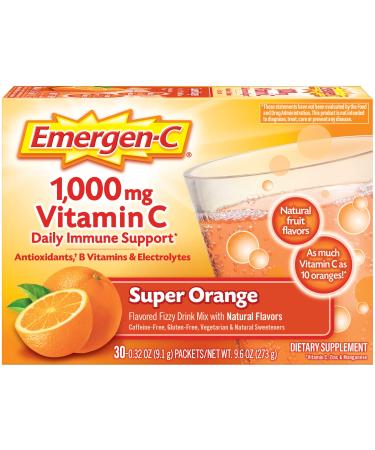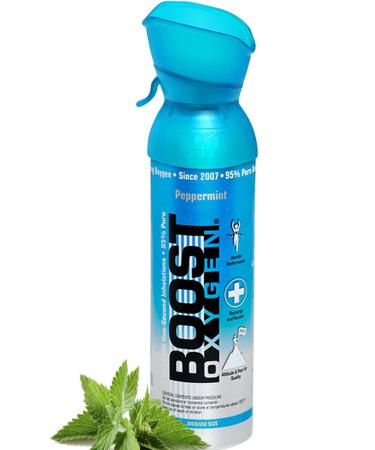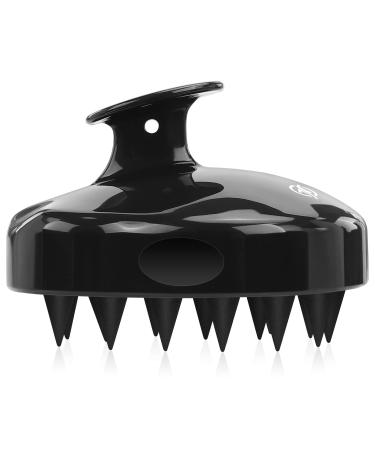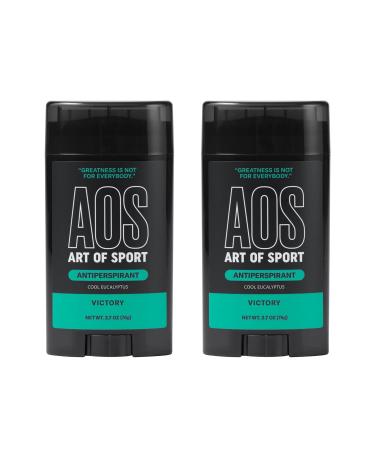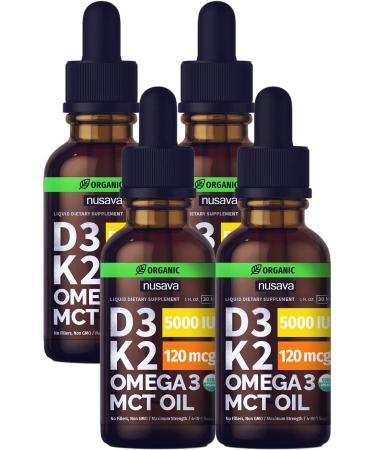
Since 2000, Shea Terra has been on a quest for natural beauty wisdom throughout Africa, exploring remote villages, trekking through miles of desert on camel back, and sailing into the depths of Nubia. Our journey has allowed us to tap into a wealth of indigenous knowledge and share these remote beauty secrets with the world. Through our diverse line of skin and hair care products, you can embark on this journey of beauty wisdom with us.
East African Shea Nilotik' Butter is Better for your Skin and Your Soul USDA certified organic Shea Nilotik' Cold Pressed Shea Butter is superior compared to other shea butters on the market. That's because shea trees in Uganda produce a different variety of shea butter than shea trees elsewhere. The butter produced from these nuts is softer and has a pleasant, earthy aroma. While both West African and East African (Nilotik') shea butter offer many benefits, East African Shea Nilotik' Butter has higher essential fatty acid contentcompared to West African shea butter. The essential fatty acid oleic, which is greater in Shea Nilotik' Butter, is what gives the butter its smooth texture and moisturizing abilities. It also has a lower melting temperaturemaking it easier to apply to the skin and hair. Shea Nilotik' Butter is creamier and smoother in consistency and its aroma is sweeter-smelling compared to other varieties. West African shea butter is known for its pungent aroma, so it is often refined, bleached and deodorized, using very high heat, which destroys the beneficial skin properties of shea butter and results in a shea butter that is white. This white butter, often listed as certified organic, is found in most shea butter products today. Because Shea Nilotik' butter doesn't need to be bleached, our butter has a natural yellow color.
Apart from the comparably better benefits the East African variety of shea butter can do for the skin, its harvest and production is much more ethical and hygienic. In Uganda, shea butter trade follow fair-trade and strict hygiene practices. The mill in Uganda that press the butter is food-grade, therefore, in its raw state, the butter can be considered edible. It never goes through refinement or deodorization. The wild nuts are collected by women from communal lands and sold to Ugandan-owned mills where it is cold-pressed under meticulous conditions. The women engaged in this trade earn a decent wage, which then enable them to support their families through this livelihood alone. This is in stark contrast to shea butter from West Africa, where production is uncontrolled, unhygienic and strips the butter of its beneficial properties. After harvest and manual processing that require intense human labor, which isn't fairly compensated, West African shea butter undergo harsh processes like boiling and frying before they get shipped to Europe where they are put under extreme conditions to deodorize and bleach them. The result is the refined white butter we often see in many popular skin products. Sadly, the unfair trade and questionable production involved in the West African variety of shea butter enables this variety's popularity due to its low cost of production. Moreover, even though shea butter products derived from West African have strayed far from its original raw state, they are still often listed as "certified organic". To us, this is misleading. Brands that use shea butter from West Africa are also able to obtain Fair Trade certification when retailing relatively low is evidence to the contrary.
In conclusion, if you're looking for shea butter that boasts of superior quality and benefits, as well as true support fair trade practices, opt for the East African variety—Shea Nilotik' Butter.
Cold Pressed Method Preserves Potency
Heat has been known to cause nutrient loss in food so it is no question that it can do the same for skincare ingredients as well. Water-soluble vitamins in particular, such as skin-brightening vitamin C, get destroyed during excessive cooking. A variety of factors such as heat, light, and cooking water-soluble nutrient food in water contribute to the notable loss of nutrients. In recent times however, the nutrient-loss problem is being addressed through the process of cold-pressing. Although cold-pressing juices has been done for several decades, it gained more popularity in the 21st century due to the juice cleansing fad. Cold-pressing ingredients helps protect and preserve the nutritional value of ingredients.Since no heat is involved, ingredients retain 100% of their vitamins, minerals, enzymes and other nutrients. It is no surprise how this food production process later translated into non-food industries like skincare. Superior skincare products now boast of cold-pressed ingredients on their labels. Due to the greater retention of nutrients obtained through cold-pressing, skincare products with cold-pressed ingredients deliver greater efficacy and benefits to users.





![Stewart Freeze Dried Dog Treats Made in USA [Single Ingredient Puppy and Dog Training Treats - Grain Free Natural Dog Treats] Resealable Tub to Preserve Freshness - Buy Online on GoSupps.com](https://www.gosupps.com/media/catalog/product/cache/25/small_image/375x450/9df78eab33525d08d6e5fb8d27136e95/6/1/61gwbbixarl._ac_sl1500_.jpg)
